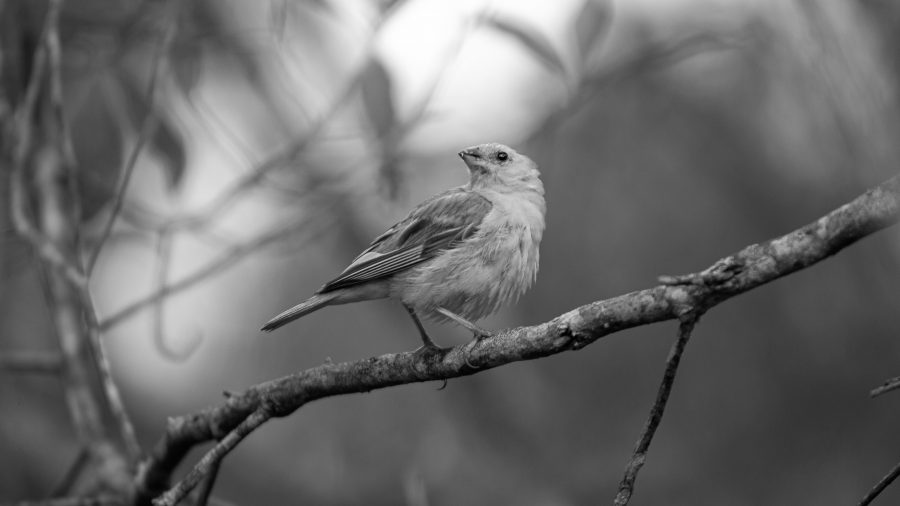The chiffchaff, willow warbler and wood warbler are not easily distinguished from one another, except, as discovered by the curate of Selbourne, Gilbert White, at the end of the 18thcentury, by their respective songs.
To the casual
One summer, when he was “
“Return, blithe maidens; with you bring along
Free, native humour, all the charms of song,
The feeling heart, and unaffected ease,
Each nameless grace, and ev’ry power to please.”
Somewhere in his wonderful mind the Miss Batties became swallows, luminescent chattering acrobats of the air that light up the summer before evaporating into winter’s ether.
A recent meeting with a fellow farmer in Staffordshire elicited further conversation about swallows and their relative the house martin. We were stood in a long meadow containing an elegant series of large ponds, overlooked by his father’s house. The eaves contained perhaps 20 empty, broken house martin nests, while overhead flew a single pair of chittering swallows hawking insects and dipping to drink from the water surface. My colleague looked at them wistfully, commenting that only a few years ago there would have been “clouds of them”.
His move from dairy farming to a stockless arable rotation might partly explain their reduced numbers, but his meadow and the pieces of water remained. “It is probably not your fault”, I said supportively, “in Egypt there are reckoned to be more than 700km of fine mist nets capturing migrant songbirds and swallows by the million.” One estimate of this shocking annihilation, by a German television company, (for the lack of a more accurate source), puts the number of birds killed annually in Egypt alone, at up to 140 million a year. People up and down the country are waking to this startling loss. A swelling sadness suggests that more must be done to stop the murderously unsustainable and highly illegal harvesting of these populations.
A bird that does not migrate, or at least only short distances from exposed uplands to more sheltered river banks, is the dipper. Variously adapted to rivers and with a unique ability to walk beneath fast flowing water, it outwardly resembles a robin, but with a rich chestnut body and a white chest. When in my beloved canoe, as I was recently in the upper part of the river Wye, sightings of them bring the river to vibrant life, and never cease to elicit from me the excited call of “dipper!” Of course, dippers live and feed in the fast flowing and rocky parts of the channel, and those new to my boating expeditions soon learn to ignore my boyish cry and concentrate on the job of steering. Invariably, if not a dunking, the exclamation brings laughter as well as an appreciation of nature.
A love of birds is often seen as a passive pastime, or the province of eccentric clergy. To me, a working farmer, they are the adornment of the seasons, the accompanists of my work and of my play. Their variety, movement and sound are like the bricks of our home, the structure of the place in which we live. These creatures are also Key Performance Indicators in our business, and in the health of the global environment. In common with an increasingly angry conservation movement, though, this love of earth will not be requited in a passive acceptance of the harms being done. We do not want to end up like Gilbert….







